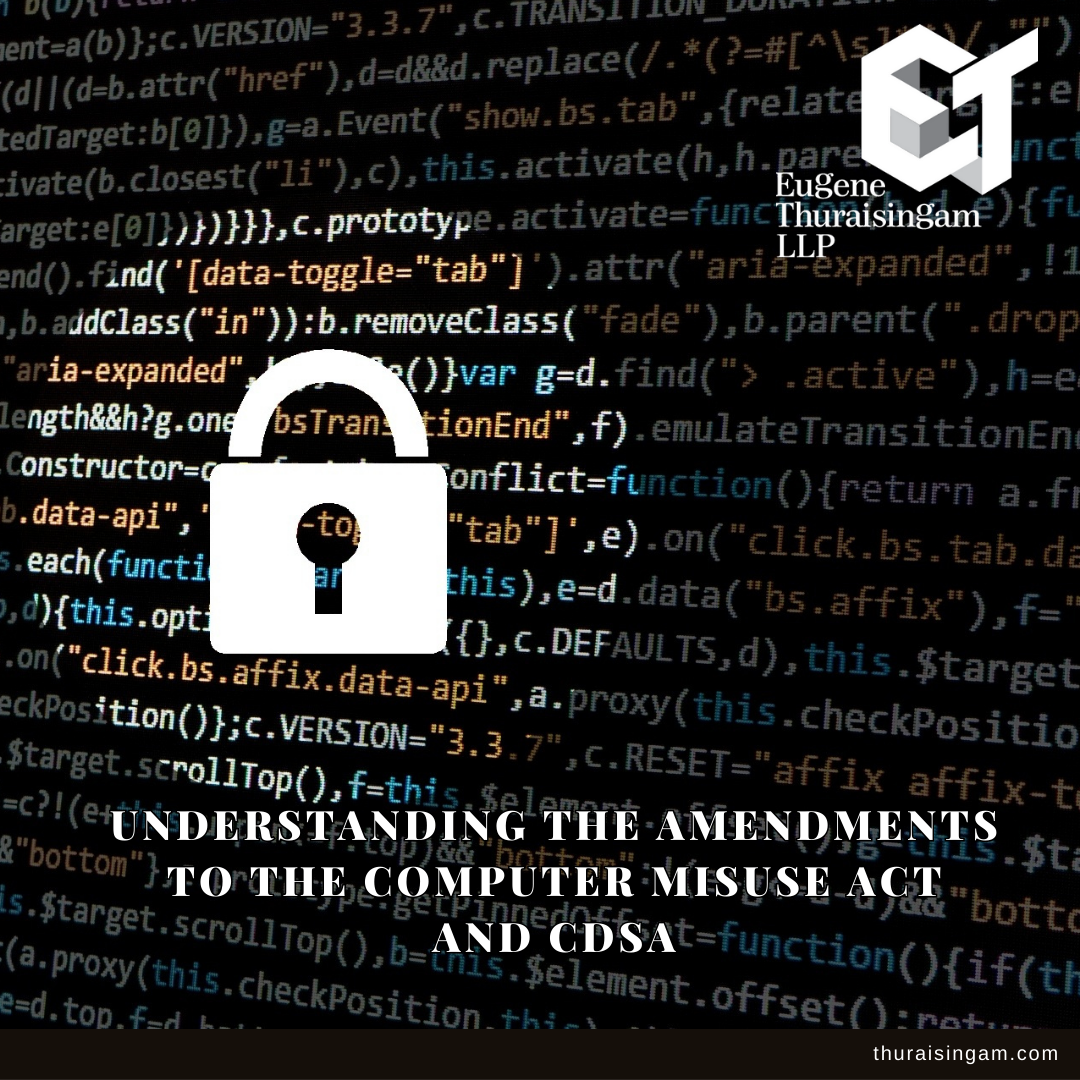A closer look at criminal activities on Telegram
In a recent ChannelNewsAsia article titled “Why do criminals use Telegram?“, our Ng Yuan Siang shared his perspectives on the reasons criminals are increasingly turning to the messaging app Telegram for illegal activities, the challenges faced by law enforcement agencies and the potential for Telegram to be held accountable.
According to Yuan Siang, the rise in criminal activity on Telegram can be attributed, in part, to the app’s ability to offer effective reach, privacy, and anonymity. Telegram allows for convenient searchability of groups and channels through the app’s built-in search bar. This accessibility makes it simpler for criminals to connect with and target new audiences, making it more attractive to criminals than other messaging platforms.
It is also easy for a person to use Telegram anonymously, given that pre-registered, anonymous phone numbers to register for Telegram through “black markets”. It is also possible to use a Telegram-affiliated cryptocurrency to procure anonymous phone numbers, in order to register for a Telegram account.
Nevertheless, Yuan Siang points out that while Telegram may provide a convenient platform for criminal activity, it is not foolproof. Many illegal transactions such as drug trafficking, for example, often result in deliveries, cash payments, and bank transfers, leaving behind potential paper trails that law enforcement agencies can utilize to identify and apprehend criminals.
Yuan Siang also highlighted some of the challenges faced by law enforcement agencies in relation to crimes committed through Telegram. The obtainable evidence could be limited due to the data stored by Telegram. For example, while Telegram did comply to a New Delhi court order to disclose user information in a case involving copyright infringement, it only disclosed Pursuant to the New Delhi order, it only disclosed the names, phone numbers and IP addresses of the accounts associated with the channel in question. While these may be sufficient to identify perpetrators in many cases, there are still limits to the usefulness of this information, especially when identified perpetrators could be located overseas or employ additional layers of concealment.
As for the question of whether Telegram may be held accountable for illegal activities, Yuan Siang explained that the recently enacted Online Criminal Harms Act 2023 (“OCHA“) may provide a means to hold messaging apps accountable in certain criminal offenses. The OCHA grants the government the authority to issue directions to online services and take action against non-compliance, such as blocking or restricting access to the messaging platform or removing it from app stores in Singapore.
Yuan Siang’s insights shed light on the factors driving criminals to use Telegram for illegal activities, including its wide outreach, privacy, and anonymity. He also highlights the challenges faced by law enforcement agencies in obtaining evidence, tracing criminal syndicates, and keeping pace with the sheer volume of messaging activity on the app. While holding Telegram accountable for criminal activities carried out on its platform may be difficult, the recently enacted OCHA may provide authorities with improved tools to regulate and combat such illegal activities.







